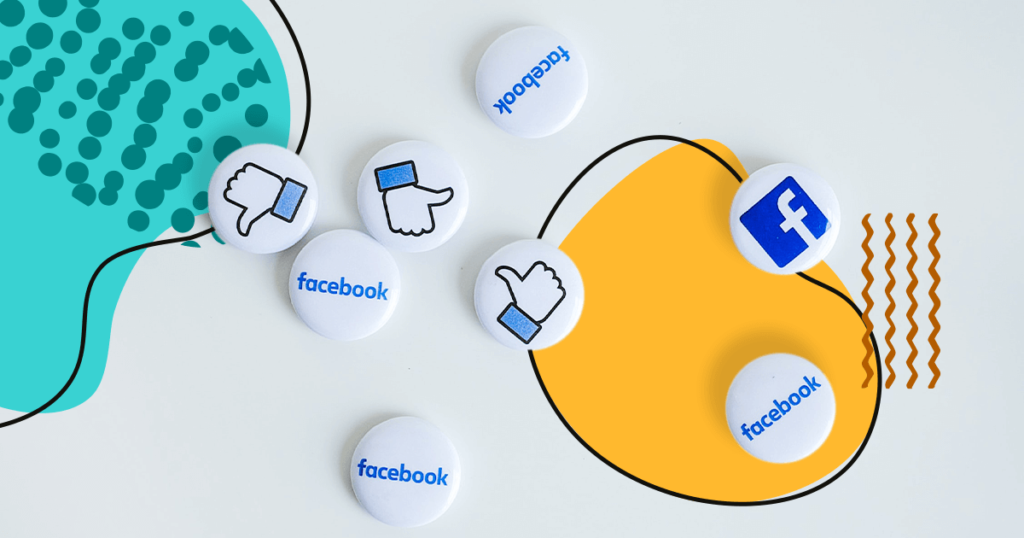Social media has taken on a life of its own these days. It has become vital to family communication, fashion, marketing, and politics. Seven out of 10 people in the U.S. engage with social media regularly. Compare that to when sites like Facebook first became a thing back in the mid-2000s. At that time, only 5% of the population embraced it.
Today, Facebook is at the top of the list of social media platforms, with its 2.06 billion daily users. With so many users, there’s going to be plenty of potential for negativity and misinformation. To police this by cracking down on offenders, Facebook has created a punishment commonly referred to as “jail.”
This article will take a closer look at what jail is like on the Facebook platform and what you can do to avoid it.
What Is Facebook Jail?
Facebook jail is a creative way of saying some users receive a short-term or long-term ban or restriction from using the platform. A ‘jail sentence’ can vary from being unable to log in and interact with others to just not being able to use certain features.
In some cases, jailed users can see their news feeds but are not able to comment or post. When they try to, they’ll see a message telling them they can use that feature right now and the reason for it.
Facebook does not notify users when their account is restricted unless they try to post or sign on. You’ll know that you are in Facebook Jail when:
- You try to post and get a message from Facebook alerting you to your status.
- You are unable to leave a comment on another user’s post.
- You are unable to log on to your Facebook account.
Because the administration at Facebook doesn’t initially notify users of restrictions, it can come as a shock to some.
One reason for this banning stems from efforts to reduce the hatred and extremism that has gradually infected the platform. After the 2016 U.S. presidential election, Facebook received public criticism for failing to regulate its site properly.
Regulatory officials raised questions about whether many accounts were run by actual people or by “bots,” which are automated programs established to spread misinformation and hate speech.
What Happens If You Fall Into Facebook Jail?
The exact punishment you receive depends on several factors. There are two forms:
- Temporary
- Permanent
Temporary jail time can mean a restriction or a ban for a few hours to almost a month. Some outspoken politicians or public figures have received bans that lasted years.
If Facebook believes you deliberately violate their community terms of use severely enough or too many times, they can issue a permanent ban.
How to Avoid Facebook Jail as a Brand?
Social media platforms like Facebook and LinkedIn have become instrumental tools in digital marketing. Facebook is the most commonly used social media platform for this purpose. One survey reports that 89 percent of respondents use it for marketing.
Any time spent in Facebook jail could be costly for brands that depend on regular interactions with potential customers. That is why it is essential to understand what can get a brand in hot water and how to avoid attracting notice of negative behavior.
Read the Terms and Conditions
Many ignore the fine print in the Facebook user contract, including topics like profanity, libel, or threatening violence. Learning about this type of restricted content matters if you want to stay out of Facebook jail. These terms lay out the rules. Violating some of them may not always attract notice, but you should be able to recognize which areas might be more sensitive.
Avoid the obvious bad behaviour
Certain topics will violate social media standards, and either fellow users will report you or administrators will. For example,
- Nudity. Even extremely suggestive or provocative images or language might put an individual or brand in jail, even if you think it can be artistic.
- Hate speech. If you’re unsure whether something fits that category, ask a variety of people for their opinion (besides your close friends or co-workers.) In most cases, it should be obvious, though.
- Threats. Businesses shouldn’t make a habit of threats, even if they’re trying to joke about them. Your job is to engage readers, not enrage them.
Not all offenses are as obvious, though. For example, posting false content will get you in trouble, but you might not know it’s fake when you post it. Make sure to fact-check everything, including items you get from others that you consider sharing on your Facebook page.
Don’t spam users
Spamming is another critical error that makes it easy to get many brands in trouble.
Spamming refers to using social media to send unsolicited messages to many users. It’s something you see a lot in Facebook groups.
If group participation makes sense for your brand, do it wisely. Make sure you are welcome to post and don’t overdo your platform. Brands should create their own groups. That way, if users participate, they get the marketing information they want.
What to Do If You Are in Facebook Jail?
How do you get out of Facebook jail? If you find yourself with these types of restrictions, it is not a crisis. First, try to understand the situation. What was your violation?
If you disagree with the punishment, Facebook does offer ways to appeal, starting with requesting a review. You can access a review via the support system. The violation process on Facebook is automated, often based on keywords or image scans. However, a review requires a human to examine the problem and see if they agree with the automatic penalty.
If the review doesn’t go your way, ask for a second one.
If you exhaust the review process, you can still appeal using the same support system. In most cases, Facebook jail is temporary, so if you can wait it out, just learn from the experience.
Most brands will likely never see Facebook jail. The best thing you can do to avoid it is to always keep things professional.
One way to do so is to make sure your writing is done by a professional who is not only great at writing but aware of what topics your brand should promote and which you should avoid in a public setting.
Effective writers know where the lines are and how not to cross them.
One source of quality writers is WriterAccess, which provides clients access to some of the top writing talent around the world. If social media is a struggle for your creative team, find out how a WriterAccess professional can help. Try our free trial today to learn more about WriterAccess.







